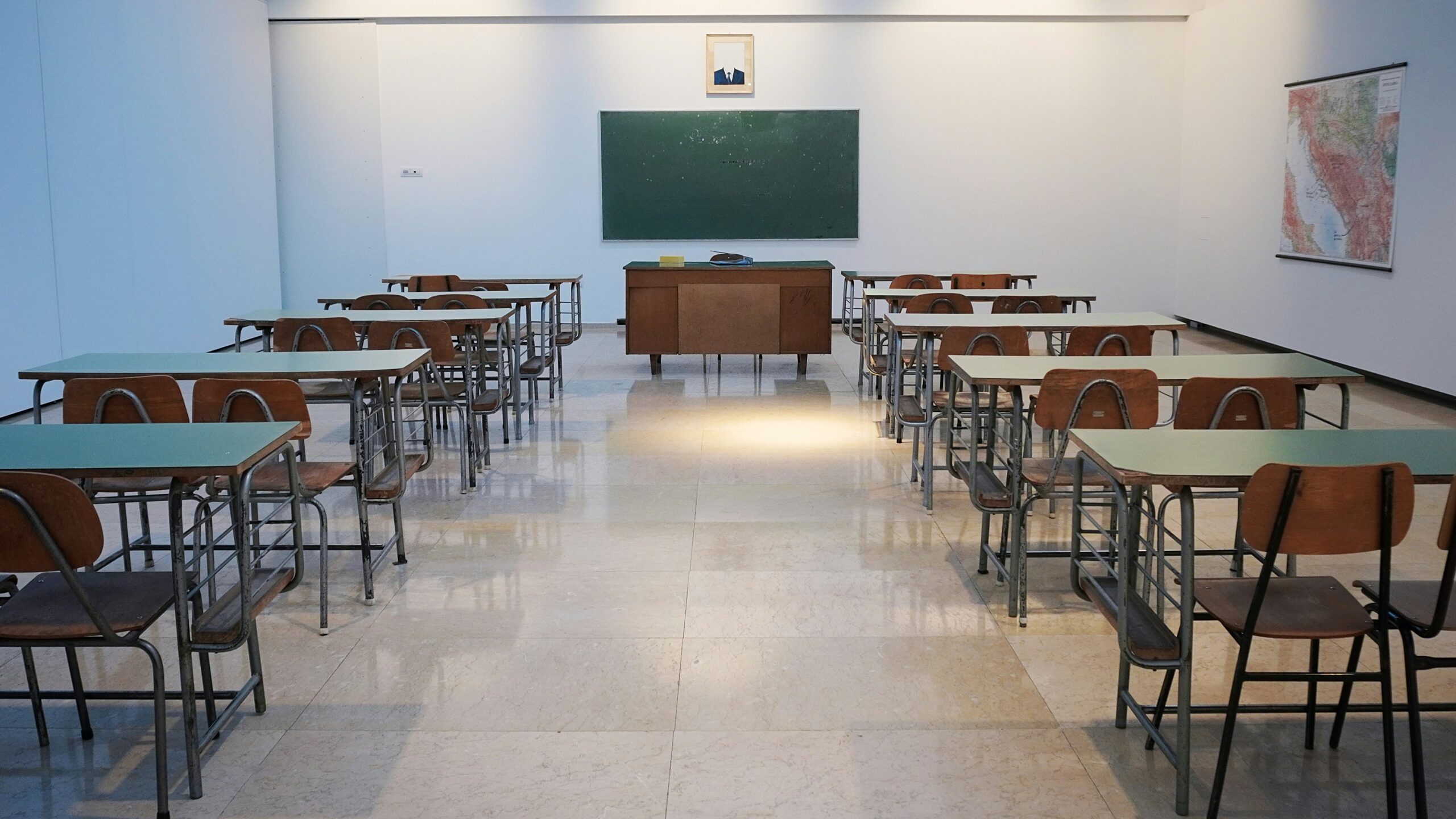Educational coaching is an increasingly popular approach in the education sector that focuses on helping students, teachers, and educational institutions enhance their skills, achieve their goals, and overcome challenges. Unlike traditional teaching or tutoring, educational coaching centers on the individual’s learning process, emphasizing personal development, self-awareness, and goal setting. This blog will explore who can benefit from educational coaching, the objectives behind it, and how it works.
Who can Benefit?
Coaching is a versatile tool that can benefit various individuals and groups within the education ecosystem.
Students
Educational coaching can greatly benefit students at various levels of education, from elementary school to university. It can help students overcome academic challenges, improve study habits, enhance time management skills, and boost overall academic performance. It also supports students in setting realistic goals, managing stress, and developing a growth mindset.
Teachers and Educators
Teachers and educators can also gain significantly from educational coaching. Educators can use coaching to refine their teaching strategies, manage classroom dynamics more effectively, and grow professionally in a profession that constantly evolves with new teaching methods, technologies, and student needs. Coaching can provide teachers with personalized feedback, helping them to reflect on their practices and identify areas for improvement.
Parents
Parents who seek to support their children’s education better can also benefit from educational coaching. Coaching can provide them with strategies to create a supportive home learning environment, understand their child’s unique learning needs, and communicate more effectively with their child’s school.
Educational Institutions
Schools, colleges, and universities can implement educational coaching to improve the overall performance of their students and staff. By integrating coaching into the educational framework, institutions can foster a culture of continuous improvement, collaboration, and innovation.
What is the objective?
The primary objective of educational coaching is to empower individuals to achieve their full potential in the educational environment. This empowerment comes through the development of self-awareness, goal setting, and action planning. Here are some specific objectives:
Enhancing Self-Awareness
Educational coaching aims to help individuals become more self-aware of their strengths, weaknesses, learning styles, and personal preferences. By understanding these aspects, individuals can tailor their learning approaches and strategies to suit their needs.
Setting and Achieving Goals
A core component of educational coaching is helping individuals set realistic and achievable goals. Whether these goals pertain to academic performance, career aspirations, or personal development, the coaching process guides individuals in creating actionable plans to achieve them.
Improving Academic and Professional Skills
Students often aim to improve academic skills such as critical thinking, problem-solving, and effective communication. Educators might focus on refining teaching techniques, classroom management, and professional growth.
Building Resilience and Motivation
Educational coaching also aims to build resilience and motivation. By providing ongoing support and encouragement, coaches help individuals overcome obstacles, manage stress, and maintain motivation despite challenges.
How Does Educational Coaching Work?
Coaching typically involves a series of structured sessions between the coach and the individual. The process is collaborative and personalized, designed to meet the specific needs and goals of the individual. Here’s how it generally works:
Assessment and Goal Setting
The coaching process often begins with assessing the individual’s current situation. This could involve identifying strengths and weaknesses, understanding learning styles, and discussing past experiences. Based on this assessment, the coach and the individual work together to set clear, achievable goals.
Personalized Action Plan
Once goals are established, the coach helps the individual create a personalized action plan. This plan outlines the steps necessary to achieve the goals, including specific tasks, timelines, and resources needed.
Ongoing Support and Feedback
The coach provides ongoing support, encouragement, and feedback throughout the coaching process. Regular sessions allow individuals to reflect on their progress, adjust their action plans, and stay motivated.
Reflection and Evaluation
At the end of the coaching relationship, the coach and the individual review the progress made towards the goals. This reflection phase allows for evaluation of what worked well and what could be improved, ensuring that the individual leaves the coaching experience with a clear understanding of their growth and areas for future development.
